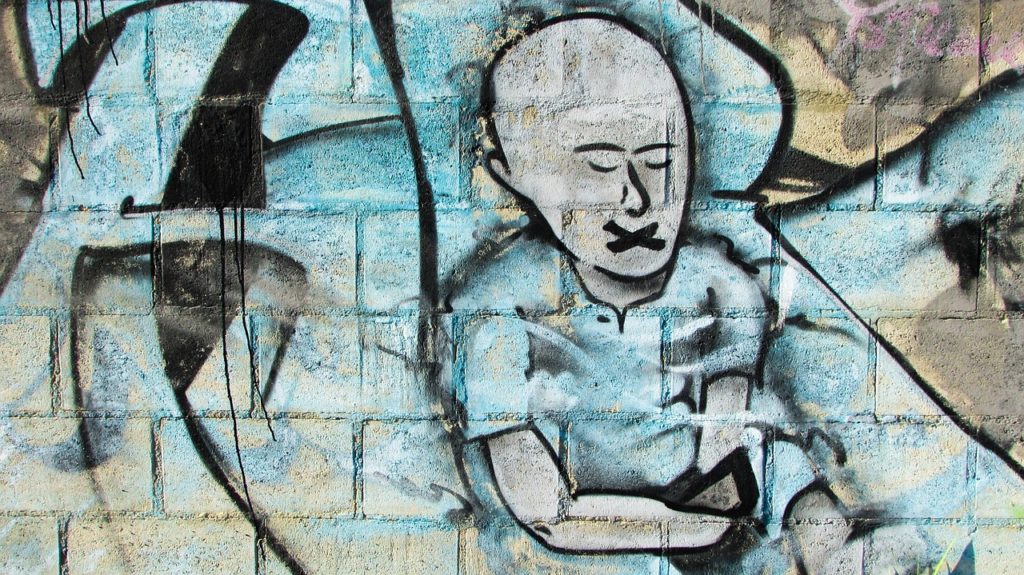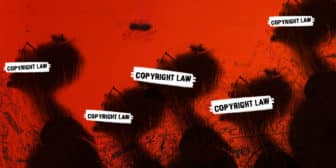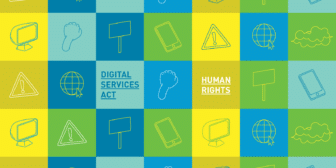Tag: Free Expression

หลายองค์กรออกแถลงการณ์ร่วมเรียกร้องให้รัฐบาลไทยยุติการควบคุมพื้นที่ดิจิทัล

New Bill Aims to Rein In the President’s Power to Order Internet Blackouts

Warning: repressive regimes are using DMCA takedown demands to censor activists
Repressive regimes — from Nicaragua to Tanzania to Ecuador and beyond — are adding to their toolbox of strategies for censorship of critical voices and independent journalism online.

Internet censorship in Tanzania: the price of free expression online keeps getting higher
The government has replaced bad regulations with new ones that enable the same kind of harmful internet censorship in Tanzania. Not only does the new law stifle free expression, it allows the government to profit from ratcheting up online censorship and control.

As Nigeria protests, the government must uphold connectivity
As Nigeria protests, it is imperative that President Muhammadu Buhari ensures stable, open access to the internet and digital communication channels throughout the nation.

How the Digital Services Act could hack Big Tech’s human rights problem
Tech companies are exercising enormous power without taking sufficient responsibility to safeguard our rights, leaving us prey to abuse. The Digital Services Act is a chance for the EU to establish clear responsibilities for private actors and hold them to account, while ensuring our rights are protected.

Special Cybercrime Bill in Nicaragua moves oppression online
In Nicaragua, a cybercrime bill with a broad scope, ambiguous terms, and disproportionate punishment for the crimes it creates — such as spreading “fake news” — represents a new attempt by the government to control and prosecute dissidents.

Terrorist Content Regulation: the fight for fundamental rights isn’t over
Ahead of a meeting of shadow rapporteurs in the trilogue discussions on the EU Terrorist Content Regulation, we provide recommendations to ensure the final text remains in line with human rights standards.

Internet shutdowns in Algeria and Sudan: damaging practices during exceptional circumstances
Shutting down the internet to prevent cheating on exams is not efficient or effective. Rather, shutdowns hurt human rights, disrupt public affairs, and cause huge financial losses that compound the longer the shutdown lasts.

Ley Especial de Ciberdelitos en Nicaragua: la opresión se traslada al mundo en línea
El lunes 28 de septiembre de 2020, diputados de la bancada sandinista presentaron ante la Asamblea Nacional el proyecto de Ley Especial de Ciberdelitos dirigido a prevenir, investigar, perseguir y sancionar los delitos cometidos por medio del uso de las Tecnologías de la Información y la Comunicación. La ambigüedad en sus términos y los delitos que crea (como la difusión de noticias falsas) implican un nuevo intento del gobierno de Nicaragua para controlar y perseguir a disidentes.